4.7
Bankrate Rating = 4.7/5
Bankrate scores are objectively determined by our editorial team. Our scoring formula weighs several factors consumers should consider when choosing financial products and services.
Interest will typically be quoted as an annual percentage rate (APR), which reflects interest rate and any other charges and fees you may have to pay.
on Bankrate
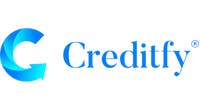
Creditfy does not perform a hard credit pull at any point in pre-approval process, but may perform a hard pull after you receive and accept your offer upon funding. Rates shown as Simple Rate or Factor Rates and not APR. Rates vary based on product, credit determination, state law/minimum loan amounts, and lender criteria. Not all applicants will qualify for financing; all financing products are subject to credit review and lender approval.
Pros
- Fast funding
- Flexible requirements
- Large financing amounts
Cons
- Origination fee
- Some loans are funded through partners Some products not available to startups
You can apply online for equipment financing. For amounts up to $100,000, you only need an online application. Any amounts above that will require additional documentation. Approval typically only takes a few hours. Funding typically occurs between 24 to 48 hours.
There is a 1 percent origination fee for equipment financing, but Creditfy doesn’t charge prepayment penalties.
Business credit score:N/AThere are four companies that assess business credit scores: Dunn & Bradstreet (D&B), Experian, Equifax and FICO. Each calculates their own scores based on various scales. D&B and Experian rank on a 1-100 scale. FICO scores on a 0-300 scale. Equifax generates 3 separate scores based on business payment index (1-100), business credit risk (101-992), and business failure (1,000 - 1,880).
Personal credit score:550A FICO score/credit score is used to represent the creditworthiness of a person and may be one indicator of the loans you are eligible for. However, credit score alone does not guarantee or imply approval for any financial product.
Personal guarantee requirement?:NoThis is a form of protection for lenders requiring the borrower to repay the loan from their personal assets if the business defaults. A personal guarantee can help some businesses access credit that typically wouldn't qualify.
Minimum time in business requirement:6 monthsMinimum business annual revenue:$100,000
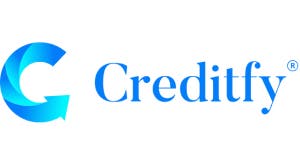
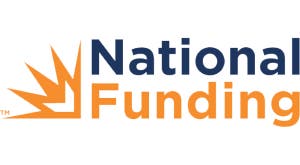
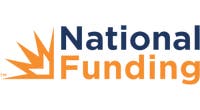
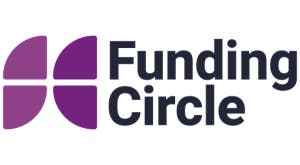
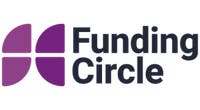
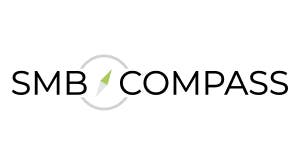
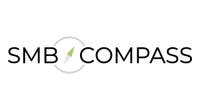
.png?optimize=medium&format=pjpg&auto=webp)
.png?optimize=medium&width=200&format=pjpg&auto=webp)
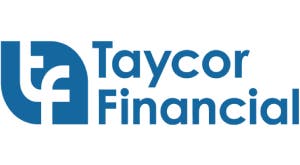
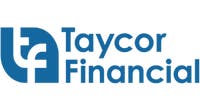
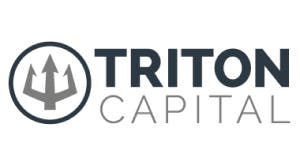
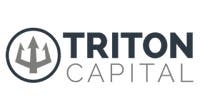






.png?auto=webp&fit=&width=200&format=pjpg)